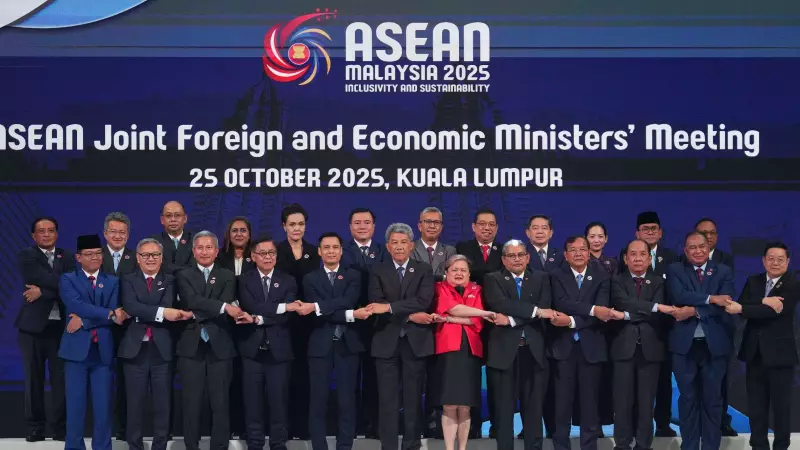
The ASEAN summit in Melbourne has become the stage for two significant developments that could reshape Asia's diplomatic future. The potential return of Donald Trump to the White House and Timor-Leste's formal entry into the regional bloc are creating waves across international circles.
A Political Comeback That's Changing Calculations
With Donald Trump leading in Republican primaries, Asian diplomats are closely watching how his potential return might affect US-ASEAN relations. The former president's "America First" policy during his previous term had created uncertainty in the region, and many are now preparing for possible shifts in American foreign policy approach.
Australian Foreign Minister Penny Wong acknowledged the significance of this development, emphasizing the importance of regional stability regardless of political changes in member countries.
Timor-Leste's Historic ASEAN Entry
In a landmark decision, Timor-Leste has been formally welcomed as ASEAN's 11th member state. This move represents a significant step for the young nation, which gained independence in 2002 and has been working toward regional integration ever since.
The inclusion brings both opportunities and challenges. While it expands ASEAN's reach and diversity, it also raises questions about economic integration and the bloc's decision-making processes with an additional member.
Regional Security and Economic Implications
The summit discussions have highlighted several critical areas of focus:
- South China Sea stability and maritime security
- Economic cooperation in the post-pandemic era
- Infrastructure development partnerships
- Counter-terrorism efforts and regional security
Australian Prime Minister Anthony Albanese emphasized the importance of the ASEAN partnership, stating that regional prosperity and security are interconnected.
Looking Ahead: A Changing Regional Order
As the summit concludes, several key takeaways emerge. The potential shift in US leadership could significantly impact Asian diplomacy, while Timor-Leste's membership adds a new dimension to regional cooperation. The coming months will reveal how these developments shape ASEAN's trajectory and its role in global affairs.
What remains clear is that Southeast Asia continues to be a crucial arena for great power competition and regional cooperation, with ASEAN working to maintain its centrality in this evolving landscape.





